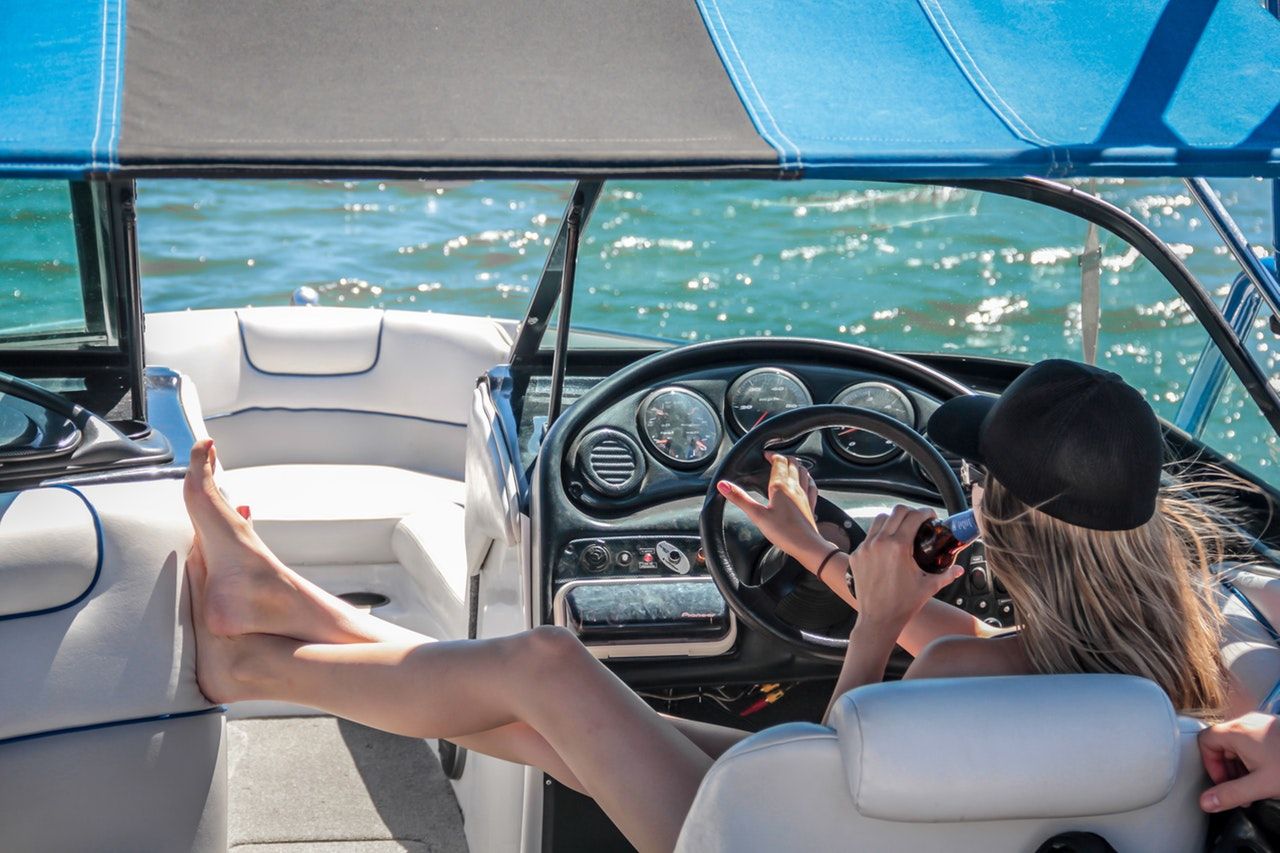Peer pressure doesn’t disappear just because the setting shifts from land to water. For many boaters, cannabis comes up naturally while relaxing on the water—especially on long fishing days, sandbar meetups, or casual cruising with friends. But when safety, responsibility, and legal consequences are on the line, managing those social dynamics becomes just as important as navigation or weather awareness. Understanding how to handle those moments when friends want to consume cannabis can help keep everyone onboard safe, comfortable, and respected.
The first step is recognizing that boating carries unique risks that impairments can quickly amplify. While cannabis affects people differently, common side effects like slower reaction time, reduced coordination, or trouble judging distance can make even simple boating tasks more complicated. When the environment includes shifting waves, sun exposure, unexpected wakes, or nearby vessels, a moment of slowed judgment can lead to real hazards. Because of this, treating cannabis similarly to alcohol on the water is both smart and responsible. Even if the captain is sober, impaired passengers can unintentionally create distractions, fall overboard, or misjudge their behavior on a moving deck.
One of the easiest ways to manage peer pressure is by setting expectations before leaving the dock. A quick, casual statement such as, “Let’s keep things clean and safe until we’re back at the marina,” sets the tone early. When rules are communicated upfront, it prevents awkward moments later and reinforces that safety takes priority. Many boaters also establish a simple house rule: no consuming cannabis until the vessel is anchored for the day or securely tied up. This keeps the vibe relaxed without sacrificing control.
Still, peer pressure often comes from spur-of-the-moment decisions. When friends pull out cannabis onboard, the situation can feel uncomfortable—especially if you’re the captain or the most safety-minded person on the boat. In these moments, confidence and clarity are key. You don’t need to lecture to be firm. A calm statement like, “Let’s wait until we’re done boating—I want everyone safe,” is usually enough. Most people respect boundaries when they’re clearly stated without judgment.
Another effective tool is using the environment as the reason instead of making it personal. Pointing out the wind direction, potential fire hazards, or nearby patrol vessels can shift the focus from the individual to the situation. Many waterway citations come from visible consumption, even in states where cannabis is legal. Framing it as a legal and safety concern—not a moral debate—helps preserve friendships while maintaining control.
Preparing alternatives also helps reduce pressure on the group. Stocking plenty of non-alcoholic drinks, snacks, and engaging activities onboard keeps the social energy high without relying on intoxicants. When the day is fun and active, the urge to consume tends to fade naturally.
Finally, remember that it’s okay to choose safety over popularity. If someone refuses to follow your rules and insists on consuming cannabis on a moving boat, ending the ride early is a valid choice. Your responsibility is to ensure everyone returns safely—and sometimes that means making a tough call.
Managing peer pressure on the water doesn’t require confrontation, just preparation, confidence, and a clear understanding of why safety matters. When expectations are set early and communicated respectfully, you protect your passengers, your vessel, and your peace of mind—all while ensuring everyone still has a great day on the water.
Related read: Does Cannabis Make Boating More Enjoyable? A Look at Why Some Say Yes

